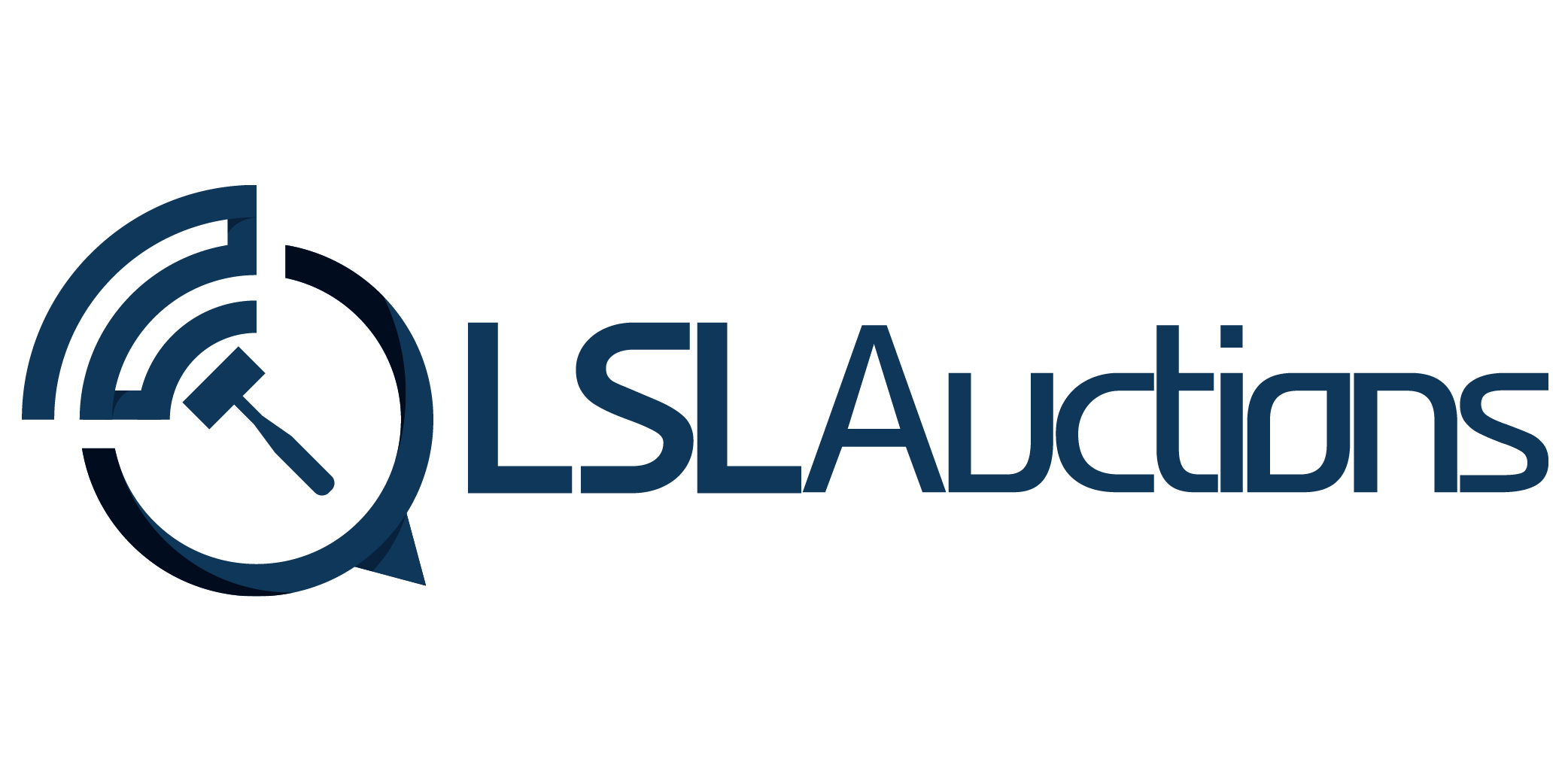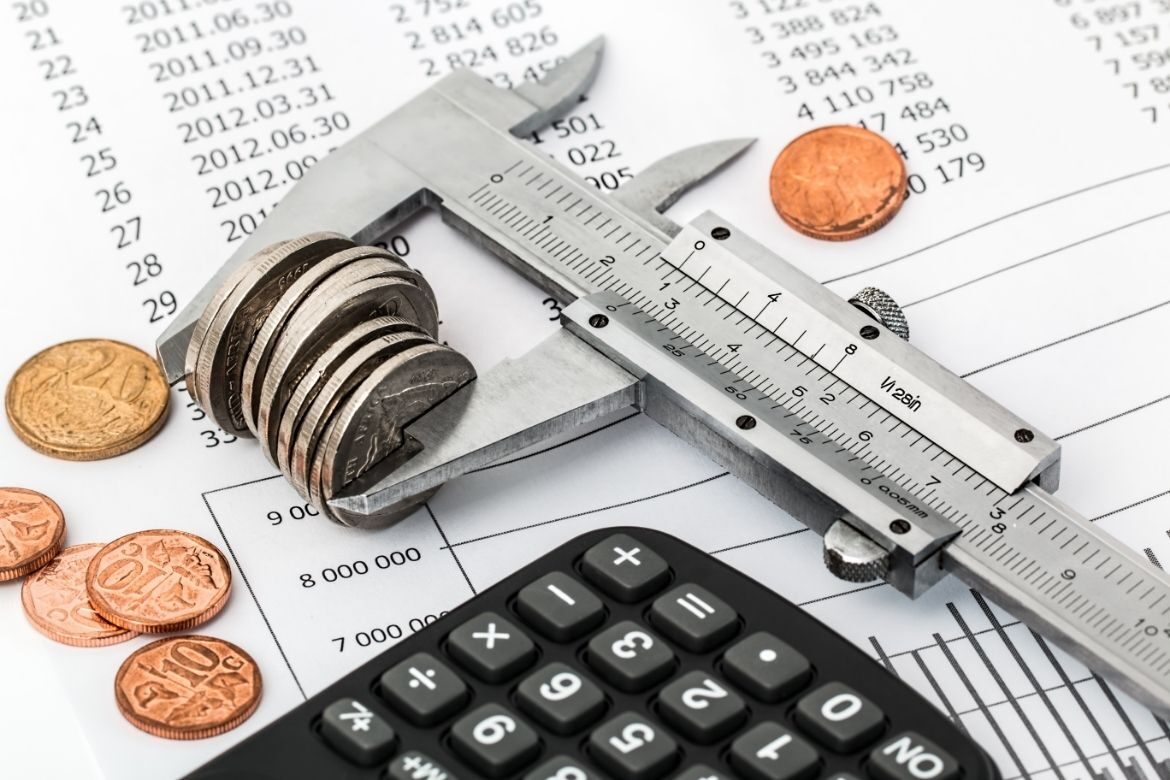Chief economist at KBC Bank Austin Hughes says that many households are likely to face a palpable drop in living standards this year. “We estimate that the step-up in inflation between 2021 and 2022 will drain around €4bn from consumer spending power, implying a hit to the average household of just over €2,000.”
The results of the latest KBC Bank Consumer Sentiment Index come as the Economic and Social Research Institute (ESRI) warned that the war in Ukraine would usher in 1980s-style inflation in Ireland. This translates to elevated fuel, food and housing costs that will strain household budgets.
Price rises are expected to peak at around 8.5% this summer, according to ESRI. It’s unlikely that wages and government supports will keep pace with average inflation of 6.7% for the year. Estimations are that further strain will be put on oil and gas, cereal, cooking oil, fertiliser and metals exports from Russia and Ukraine.
This in turn will relate to increases in home heating, transport, electronic goods, building materials and basic foods costs.
KBC Bank’s survey found that the most powerful negative influence on spending was higher inflation. Half of consumers cite increased energy and other costs as a constraint on their spending, with the majority of these saying they will radically cut back.
To counter the runaway rise in prices, it’s expected that many consumers will cut back on their spending.

